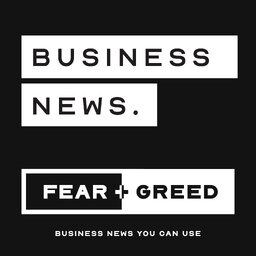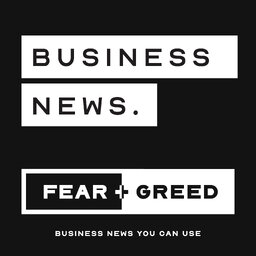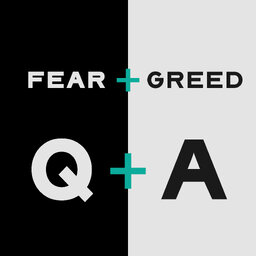Interview: Why Forbes has finally come to Australia
Global media brand Forbes has been around for more than a century - and engages more than 150 million people every month. And now Australia is getting its own version, with the launch of Forbes Australia.
Michael Lane, CEO of Forbes Australia, talks to Sean about why they decided to launch a magazine in the competitive Australian market.
In 1 playlist(s)
FEAR & GREED | Business News
Daily business news for people who make their own decisions, with business journalist Sean Aylmer an…Social links
Follow podcast
Recent clips

Afternoon Report | Attempted bombing declared terrorism
04:37

CGT scale back for property investors; tech stocks hammered; $US500b crypto sell-off
17:22

Q+A: After all the hype, green investing is 'growing up, not winding down'
11:31
 FEAR & GREED | Business News
FEAR & GREED | Business News